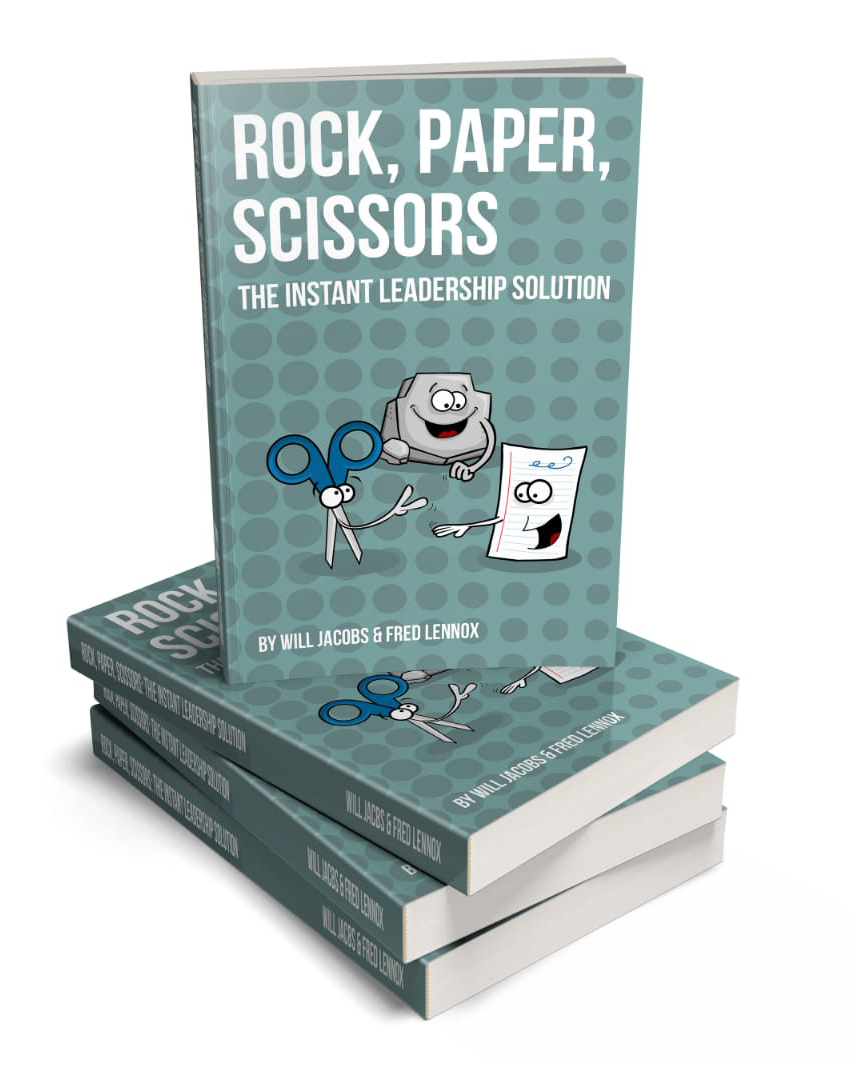
Sharping and Dulling Scissors
Some leaders are natural problem-solvers in any scenario. They’re excellent at breaking down complex issues into their constituent parts so everyone can understand them and find the best way forward. Facts and research are their passion — they value deep knowledge and use it to influence their decision-making and behavior.
They love to find patterns in data, so they aim to examine all sides of an issue instead of making rash decisions or biased judgements. It goes without saying that this open-mindedness leads them to be insatiably curious; they love to discover how things work or could be improved.
Albert Einstein is an excellent example. He once said:
"The important thing is not to stop questioning. Curiosity has its own reason for existence. One cannot help but be in awe when he contemplates the mysteries of eternity, of life, of the marvelous structure of reality." - Albert Einstein
How do you recognize people’s traits for the good?
This is precisely where Rock, Paper, and Scissors (RPS) – a #Leadership and #Management framework based on rapid personality profiling – comes in handy.
RPS is based on the premise that individuals have a certain persona they default to in particular situations which can be described as Rock, Paper, or Scissors, and that these personas are situation dependent.
Let’s now take a detailed look into the personality type: Scissors.
Scissors identify closely with the following three values: open-mindedness, perfectionism, and being analytical.
If you’ve ever found yourself impressed by how many facts someone knows and how detail-oriented someone seems to be as in the example above, it’s more than likely that person is a Scissor. They’re obsessed with detailed problem solving, making use of their incisive, exacting, and organized natures to attempt to foresee every eventuality. They have high standards in everything they do and love learning. You’ll often recognize them in meetings by the huge binders of data they bring in with them and their insistence on referring their papers or their device at every point. When they’re presented with a task, the first thing they do is to ask questions to clarify it; to them, the devil is indeed in the details.
Scissors have a tendency to get lost in specifics and could, therefore, alienate others by coming across as critical, suspicious or in a worst-case, intolerant. They can also find it difficult to finish tasks due to their perfectionist nature. However, the energy they give to evidence-gathering, planning, and questioning is invaluable for almost any team.
Have you in your professional and personal life met people that can be considered Scissors?
What do you think is the best way to manage and motivate them?
Please share your perspectives. We would love to hear from you!
______________________________________________________________________
Learn How To Lead, Inspire & Motivate Your Team With The Instant Leadership Solution!
"Rock, Paper, Scissors: The Instant Leadership Solution" available now on amazon.com
Check out our book Rock, Paper, Scissors: The instant Leadership Solution and follow us via our LinkedIn Business Page or on RPS.academy.
Latest Blogs
How fast are you able to adapt?
Your Organizations Dance Card
The Power of Trust
Using Verbal and Non-Verbal Cues with RPS
The wide appeal of RPS




